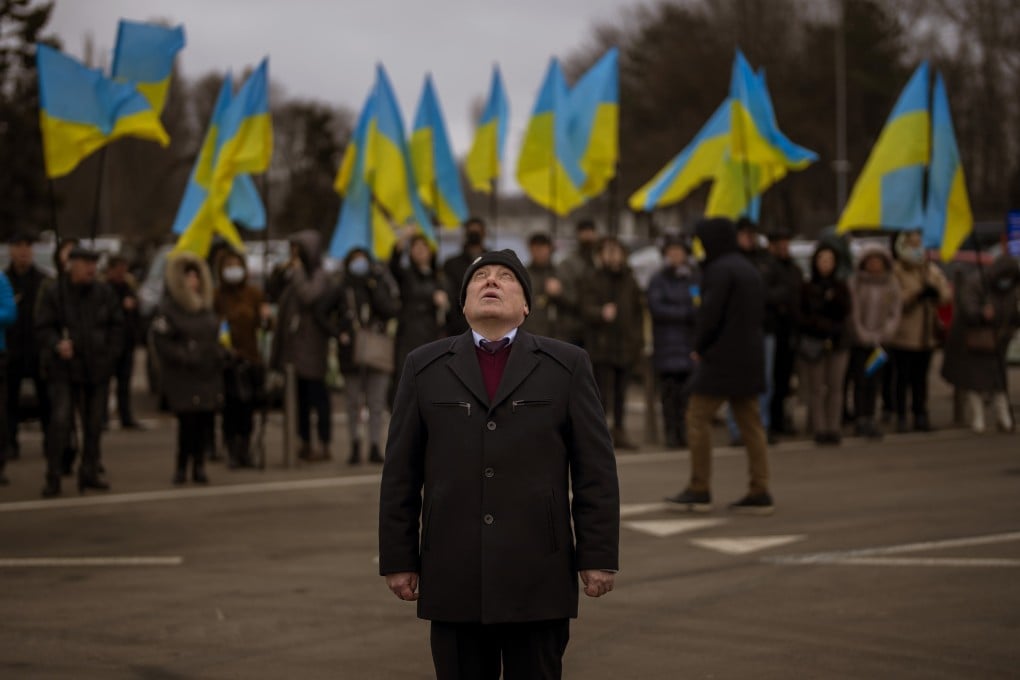Opinion | From Ukraine and North Korea to Covid-19 and climate change, global crises leave us feeling helpless
- In a world where high risk is the new normal, this week’s Munich Security Conference will look at how best to overcome the mood of ‘collective helplessness’, given that the resources, strategies and instruments to tackle the challenges are available

“May you live in interesting times” is an English translation of a Chinese “curse” believed to have been said by statesmen Joseph Chamberlain, the father of British prime minister Neville Chamberlain who, in the 1930s, negotiated the Munich Agreement with Adolf Hitler.
Fast forward a century, and the expression still has currency. While seemingly a blessing, it is often used ironically; life is actually better in “uninteresting times” of peace and prosperity than in “interesting” ones of trouble and uncertainty.
The interesting times we live in today, not least due to the growing crisis in Ukraine, is the focus of this weekend’s landmark Munich Security Conference, the premier annual geopolitical event in Europe.
Attendees include 35 heads of state, plus some 100 government ministers and other key dignitaries, including UN Secretary-General Antonio Guterres; German Chancellor Olaf Scholz; Nato Secretary-General Jens Stoltenberg; and US Vice-President Kamala Harris.
According to a statement by the summit organisers, we are living in an “era of successive and interconnected disruptions in which a permanent sense of crisis has become the new normal”.
